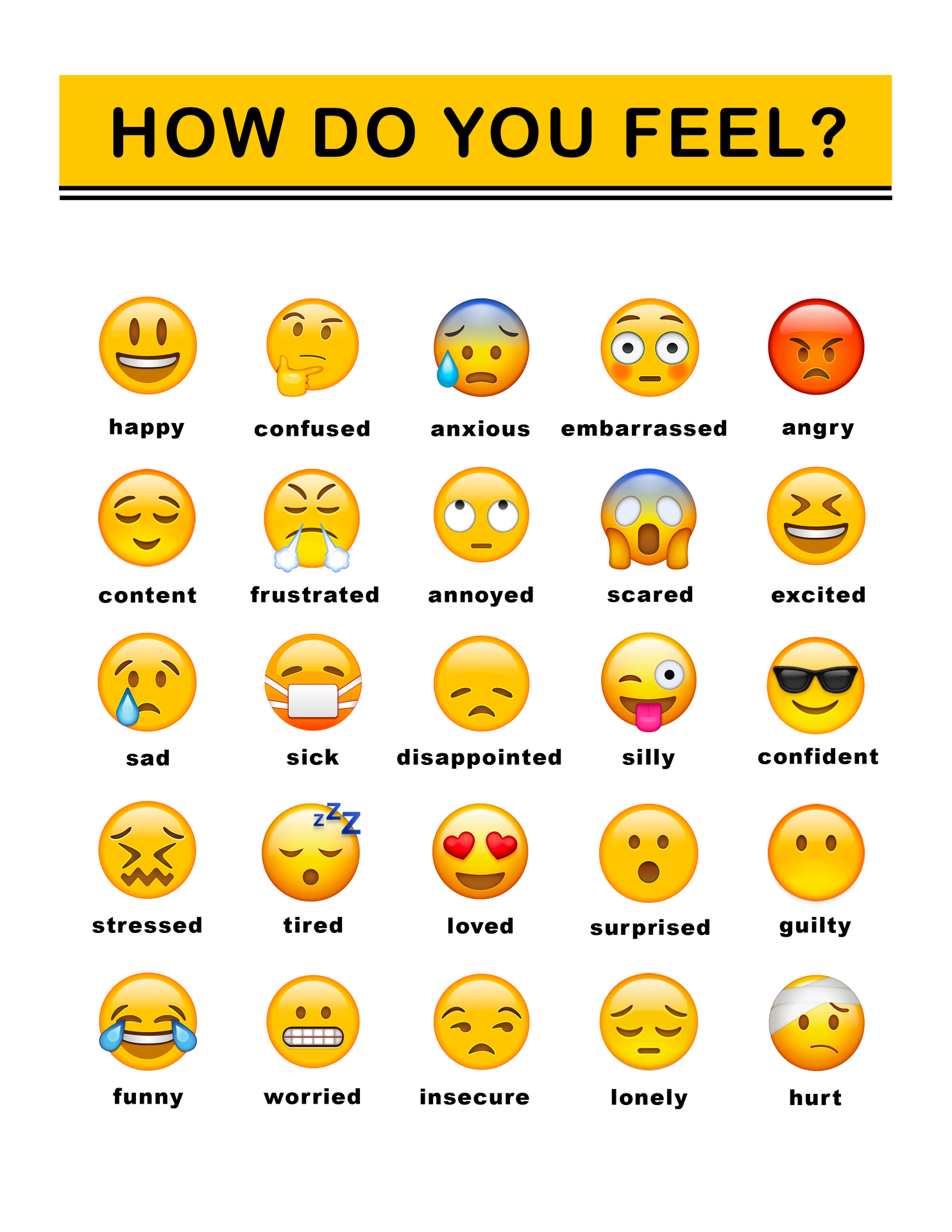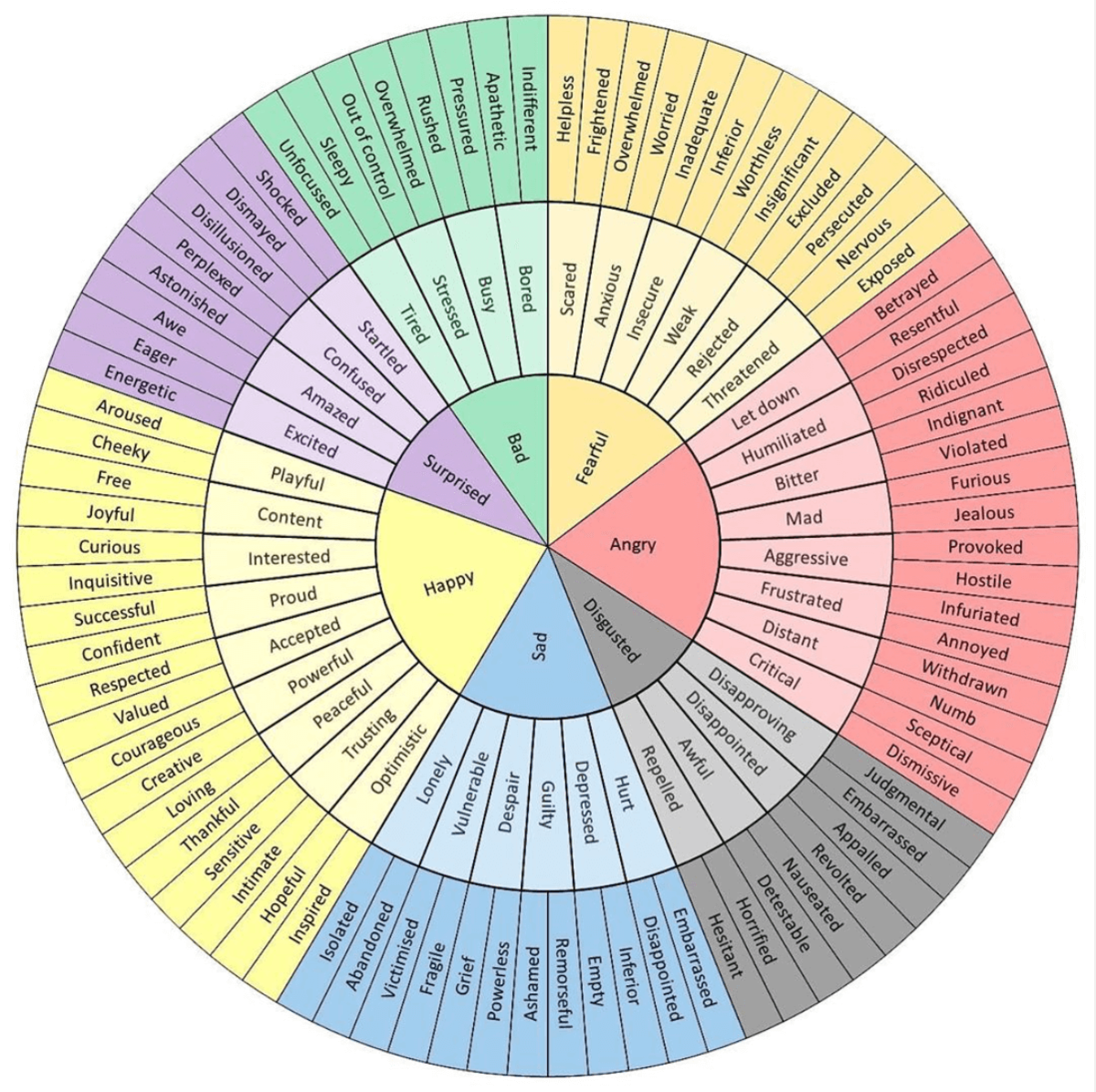Past Newsletters
May 2022 - Tips to Make Summer Meaningful
April 2022 - Thought-Feeling-Behavior Triangle Video
March 2022 - How to Help Kids Slow Down and Calm Down


February 2022 - Coping through the Slump
The pandemic, on top of typical life stressors, are taking a toll on mental health for youth and adults alike. Add in the “January slump” with its cold weather and post-holiday adjustment, and a further dip in mood and motivation is common. In times like these, it is vital to recognize and accept the mental and emotional struggle, and lean into HOPE.
It is OKAY to feel down. It is OKAY to struggle. What is important is how we choose to move forward.
Working through the slump can be broken down into three simple steps:
- Recognize the feelings you are experiencing.
- Identify what you need.
- Make a simple action plan.
For example:
- Recognize the feeling: “I feel overwhelmed and unmotivated.”
- Identify what you need: “I need a break… some time to get my work done… a snack… some family/friend time… something to look forward to.”
- Make a simple action plan: “I will give myself a 5-minute brain break… chat with a friend/family member for a little while… set aside 30 minutes in my schedule today to focus on homework… schedule myself something to look forward to (an event, a hobby, etc.).”
Low mood can make it challenging to get through the day and accomplish what you want to accomplish. Cut yourself some slack and set smaller, more manageable goals. Focus on one small step at a time. For instance, instead of telling yourself “I need to clean my house,” start with something small, and tell yourself you CAN do it, rather than you MUST do it. “I can pile up the dirty laundry.” Take a breath. Once that’s done, “I can put this pile in the washing machine.” Check in with yourself. Do you need a little break? Take a minute to have a sip of water or tea. Check in with yourself again. What’s another small step that feels manageable?
As you practice these smaller steps, consider how breaking things down can help your child or teen as well. How are they feeling? How are they coping? What can you do to validate their feelings and help them to make overwhelming tasks more manageable?
Working through a low mood can be challenging. Remember you are not alone. Reach out for support through trusted leaders and friends in your church and community. Seek counseling support to give yourself space to process and gain coping strategies. Reflect on who God is to you and what meaning He is making even in the struggle. Lean into hope!
Jeremiah 29:11 (NIV)
“‘For I know the plans I have for you,’ declares the Lord, ‘plans to prosper you and not to harm you, plans to give you hope and a future.’”
Isaiah 40:30-31 (NIV)
“Even youths grow tired and weary, and young men stumble and fall; but those who hope in the Lord will renew their strength. They will soar on wings like eagles; they will run and not grow weary, they will walk and not be faint.”
Romans 15:13 (NIV)
“May the God of hope fill you with all joy and peace as you trust in him, so that you may overflow with hope by the power of the Holy Spirit.”
If you have questions and/or are looking for non-emergency resources, please reach out to me by calling the school or emailing [email protected] to set up a time to touch base.
Blessings and hope be yours in abundance!
Mrs. De La Cruz
Note: I am not an emergency contact. If you are in need of emergency services, please call 911 or go to your nearest emergency room.
January 2022 - Family Technology Plan
December 2021 - Supporting Teens
November 2021 - Limit Setting

October 2021 - Emotions
1) The ability to identify and put words to personal emotions, and
2) Recognition of emotions as natural and important, whether they match how another person might feel or not.
Consider the Psalms – David practiced emotional awareness. In fact, he put his feelings into poetry! And Job – Job recognized and shared his feelings with God.
You can support your child’s social and emotional health by encouraging them to put words to their feelings and letting them know it’s natural to have them. (This does not always mean their reaction or behavior is okay – we will get to that in a later month.) Check out the Emoji Emotions Chart and the Wheel of Emotions below. How many emotions do you recognize? Can you think of more? Feel free to use these charts at home to increase your student’s emotional vocab!


